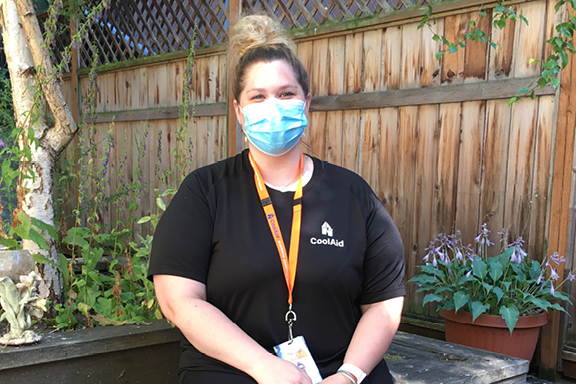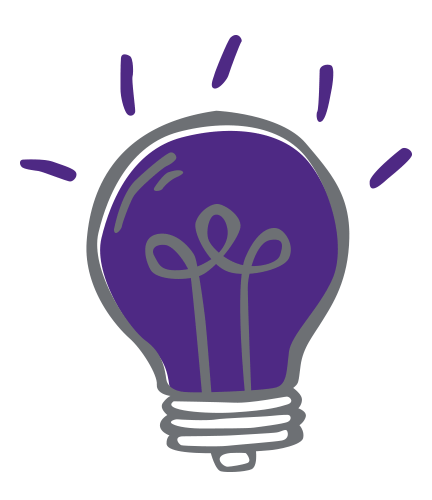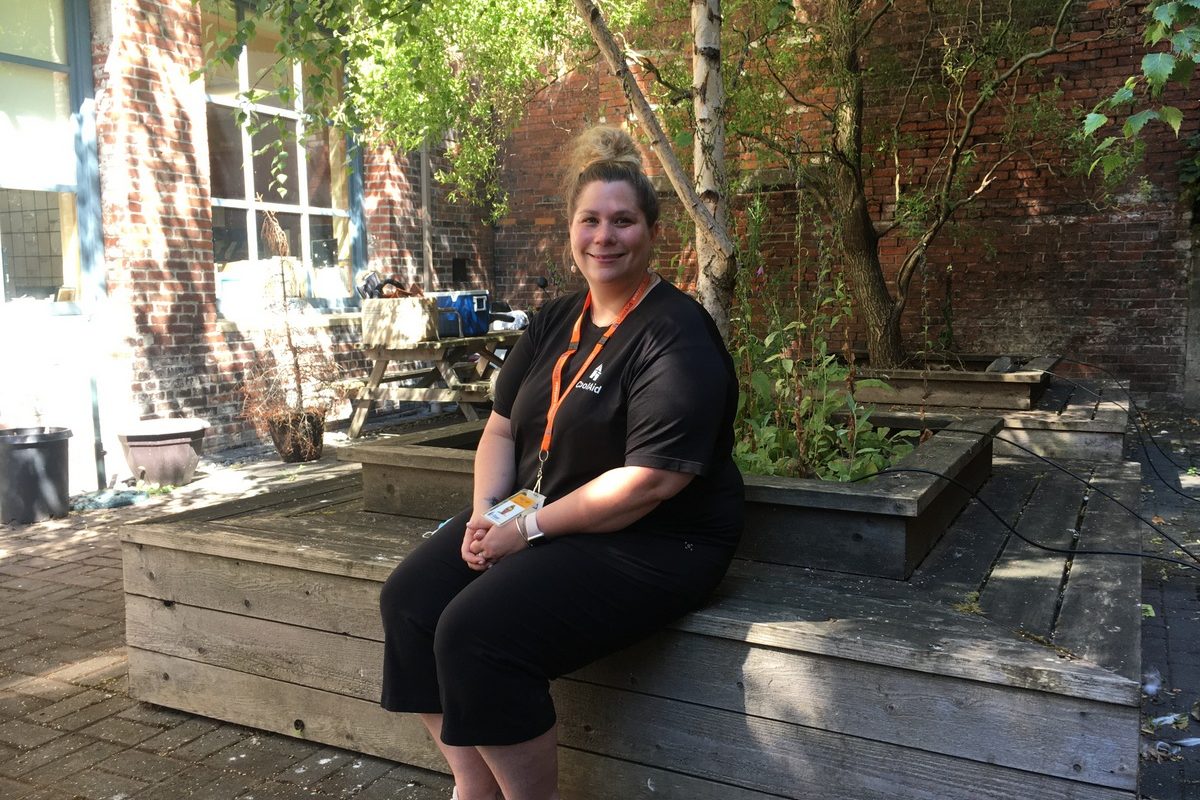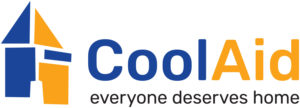2020 was an unprecedented and remarkable year – this was especially true for our healthcare professionals. We had a chance to chat with Hannah Joy, a nurse with Victoria Cool Aid Society, to discuss the impacts of the past year and to learn from her experiences working in the healthcare industry during a global pandemic.

How has the pandemic affected you?
I am starting to settle into this “new normal.” As healthcare professionals, we like certainty, but now we are living in an uncertain time, and it’s different every day out there.
Why is it so critical that we protect populations who are vulnerable?
Homeless people and those living with mental illness and addiction are more vulnerable to COIVD-19 than housed individuals. This is because they often have inadequate shelter, decreased access to hygiene and sanitation, and poor physical distancing because of overcrowded conditions.
It is easier to isolate people when they have their own room. Having everyone live indoors will make contract tracing easier.
How has your job changed during the pandemic?
Because of the increased toxicity in the supply of street drugs, more poisonous substances are being mixed in. This is leading to more overdoses and deaths among patients than we have previously seen.
Can you share a story about one of your clients?
There is one fellow that I have been working hard at building a rapport with for three months. Initially, he was very reluctant to engage and would barely talk to me. Through providing consistent care, respect and empathy, he is gradually demonstrating a willingness to connect.
Previously, this man had encountered many negative interactions with traditional healthcare and government agencies. Understandably, this created a sense of mistrust.
Because of his newfound interest and investment in addressing his primary health care needs, his overall wellbeing has improved.
Do you have any reason for hope through these times?
We are practicing more preventative medicine now, which improves the individual’s health and puts less stress on the system. For example, treating hepatitis C, HIV medications, providing opioid antagonist therapies for opioid users, and screening for sexually-transmitted infections all reduce the need for other, more costly, medical interventions.
What aspect of your team’s response to COVID-19 makes you most proud?
I am so impressed with how we are going into uncharted territory, working with individuals who have multiple barriers. We are actually working out of these hotels in an ever-changing environment that requires creative and flexible responses.
To support Victoria Cool Aid Society please visit coolaid.org/donate or call 250-383-1977. Stay up to date with Cool Aid Society by liking them on Facebook here.













